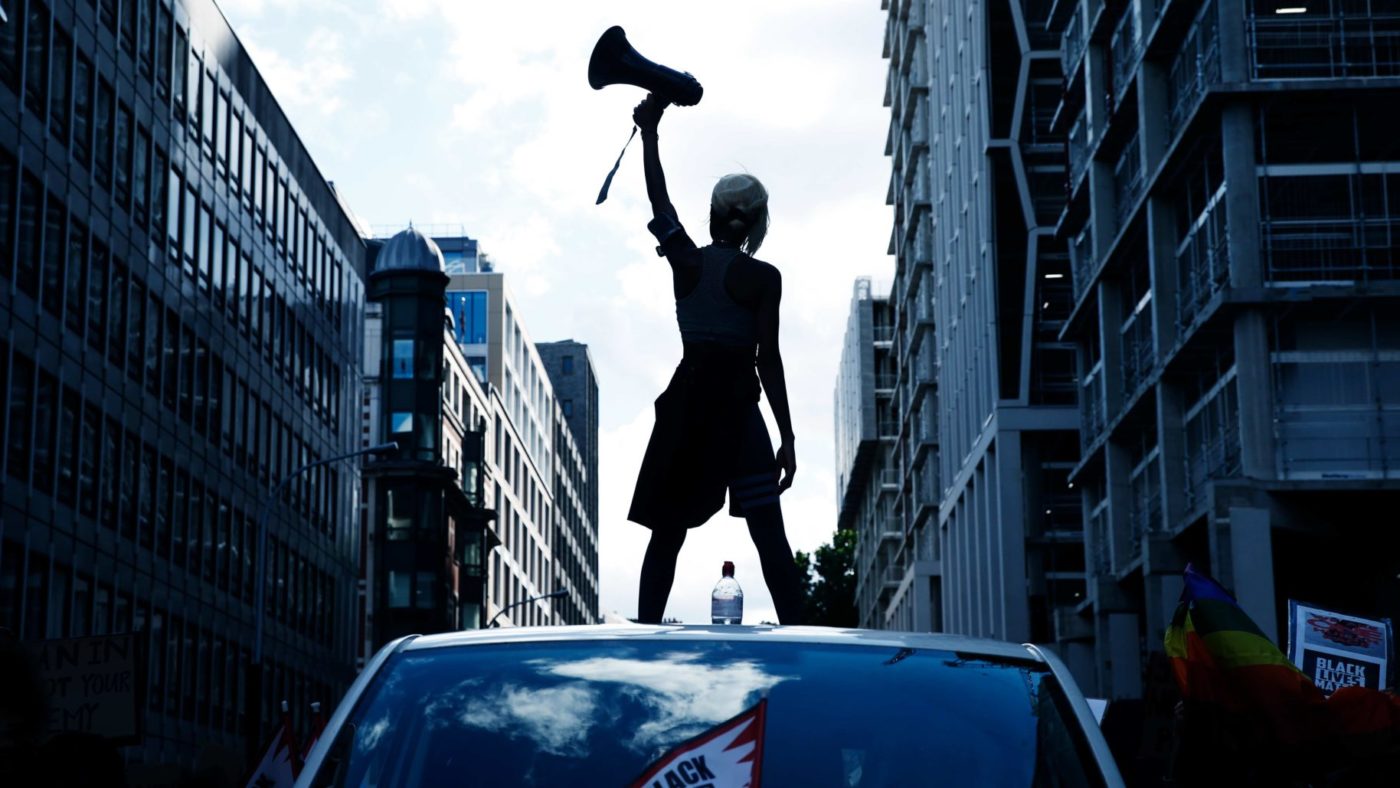CapX Weekly Briefing
It’s been a week of two wars – one metaphorical, the other almost literal.
At home, the culture ‘war’ continues apace, with statues falling and absurd debates about the Prime Ministerial plane being painted red, white and blue. Abroad, the most serious conflict on the Indo-China border since 1962 led to dozens of lives lost in brutal fashion; progress in North and South Korean relations collapsed with the demolition of Seoul’s de facto embassy; while Trump’s decision this week to withdraw thousands of troops from Germany comes as a timely reminder of the weakening American deterrent across the world.
So whether your focus was on Boris’ jet or fighter jets, politics has been heating up.
Quite how you see these two developments though will depend largely on temperament and character. On the right there seem to be broadly two schools of thought: ‘calm down’ and ‘get worried’.
When it comes to the culture front, those in the ‘calm down’ camp argue that a few idiotic decisions (ditching Fawlty Towers, cancelling Gone with the Wind etc) are largely insignificant events amplified by social media. As Callum Price and Sunder Katwala have argued on CapX, these things are distractions from the more reasonable debates flagged up by protest movements. The wilder fringes of the culture war will wither away as we focus on what matters.
On the other side is the ‘get worried’ school, which sees large crowds desecrating statues, police on their knees and institutions falling over themselves to apologise for their existence as the early stages of a cultural revolution that has spilled out from supine universities. It may be a minority who have taken things too far, but this is how serious change begins.
The same split in attitude can be seen in the reaction to events abroad. There have been plenty of op-eds this week that, while decrying the violence, have essentially warned us ‘to calm down’, to not overreact: skirmishes between India and China have been rattling on for years – yes, this one got out of hand, but it’s in no-one’s interest to start a full-blown war, especially given the tortured reality of fighting in the Himalayas.
The ‘get worried’ school have framed it differently. For them, the past week has been further evidence of China’s willingness to flex its imperial muscles as American power withdraws and turns in on itself – the perception of which, as Michèle A. Flournoy puts it, ‘is only heightened by social upheaval’ and protest.
And this is where our two ‘wars’ meet.
It’s a political cliché that all foreign policy is domestic policy. But what about the inverse? Domestic affairs can shape how others see us, and how a nation acts on the world stage. The dismal image of Winston Churchill’s statue being boarded up to protect it from British citizens was reported around the globe to wide-spread astonishment. Will this matter; will it embolden the narrative of those in Beijing and the Kremlin that this is a West in decline, ready to give way? Is the risk of America overreacting to Chinese aggression heightened by social unrest (it would make a good distraction), or reduced (they’re already distracted)? Home and away are not as separate as we might like to think.
Even the decision to re-jig the structure of Whitehall can be seen through this prism, with the Guardian condemning the decision to fold the Department for International Development into the Foreign Office as ‘new front in the culture war’, while Sir Malcolm Rifkind, writing on this site, welcomed the news as evidence of a fresh seriousness when it comes to foreign policy, and a turn away from petty cultural politics. ‘Get worried’ or ‘keep calm’?
Whichever camp you’re in, the questions posed by the culture war and the almost-wars abroad remain the same: what does this mean for our place in the world? Where are we going?
Click here to subscribe to our daily briefing – the best pieces from CapX and across the web.
CapX depends on the generosity of its readers. If you value what we do, please consider making a donation.


